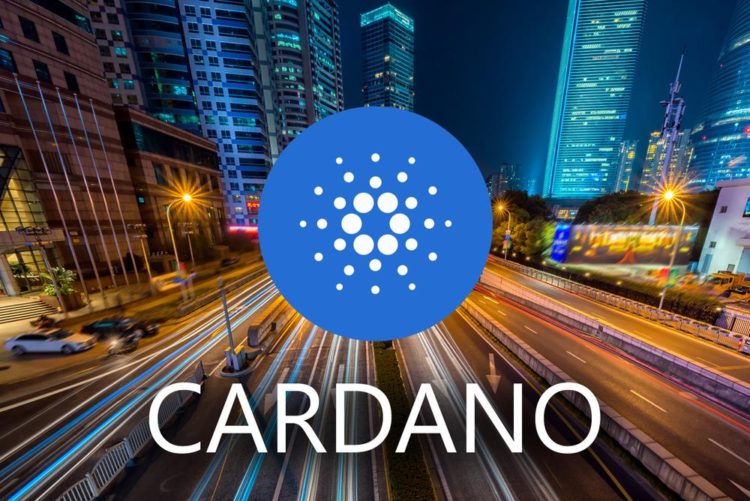- Users are expected to be able to earn LQ tokens and participate in Cardano’s staking.
- The Liqwid Finance team is currently in an early exploration phase, but theoretically, it’s possible.
In an episode for Cardano Chats, Dewayne Cameron, the inventor of Liqwid Finance talked about the current progress and what the application will bring to the table. With an expected launch date of June 2021 – coinciding with the Alonzo hard fork – Liqwid will likely be the first decentralized finance application on Cardano. Cameron explained the goal of Liqwid as follows.
Liqwid is an open-source liquidity protocol and its use case is built around lending. Liqwid is for anyone who owns ADA and wants to use that ADA as collateral to open a loan in USD. With use cases for developers and stake pool operators who are in the Cardano ecosystem and don’t want to create taxable events and want to leverage their ADA holdings to earn some yield.
Ultimately it’s for anyone who needs a lending or a borrowing service in a decentralized way. In that sense, Liqwid Finance is similar to Aave, Compound, Yearn Finance, and others on Ethereum. LQ is the governance token of the platform and will be used for improving Liqwid Finance, making parameter changes, and for any other modifications that require community involvement.
Is it possible to yield farm LQ from staked ADA?
However, there is one major difference. Like Kolibri on Tezos, Liqwid Finance aims to enable staking and yield farming simultaneously. Thus, users can earn rewards for delegating and performing yield farming on Liqwid Finance. However, this feature is still in its early stages, Cameron said:
We are still in an early exploration “it depends” phase. Theoretically yes, it is possible. It has a lot to do with the way Cardano staking works. Meaning, you don’t actually lock ADA when you stake it in staking pools.
As Cameron said, ADA users are rather delegating than staking their ADA in the staking address. Liqwid will basically sign a transaction body with the staking address of the user. This allows the stake to be used in the pool. Thus, Liqwid Finance users can utilize a system where ADA funds remain delegated until they are borrowed. Ultimately, the protocol would establish a sort of hybrid system:
So what you can actually is to take the unborrowed ADA. Each of these markets has a utilization ratio which is basically a function that combining the amount of supply and the amount of borrow. So if I have a very low utilization ratio that means that many people have supplied but not many have borrowed it at all.
At a very high utilization ratio I am almost near 1:1 in terms on how much I have on the supply side and how much is borrowed so meaning not many people can take out loans when the utilization is very high. […] And wouldn’t it be very cool if you have all this unborrowed ADA that can also be staked in the staking pools they’ve entered in. Unless that ADA becomes borrowed.
Regarding the feasibility of this idea, Cameron further explained:
It will definitely depend on how Plutus (Cardano’s smart contract platform) is going to interact with the delegation keys and how the contracts in Plutus are going to be able to handle the delegation keys of those wallets. We are still in the exploration phase with IOHK.
The LQ token
According to the FAQ section on their website, the LQ token will have a total supply of 21 million (which was minted with the Mary hard fork) and can be held by wallets that support the “Mary” upgrade. In addition, it is already known that the LQ tokens will be distributed 60% to the community, 24% to the core team, 10% to Yield Farming, 5% to the DAO Treasury and 1% to the consultants.
For the yield farming feature, called Hydroponica, the above mentioned percentage will be released at 2.78% for each Cardano epoch (5 days). In other words, all users participating in yield farming will receive a total of 2,100,000 LQ over a period of 6 months. The protocol team clarifies the following:
The initial Yield Farming staking contract on the KEVM will be the first option for users to begin earning LQ. Cardano’s KEVM sidechain is a dependency and the YF product launch is subject to change pending IOHK’s timeline for launching the KEVM sidechain and the basic infrastructure required for our dApp.
Credit: Source link











































































































































